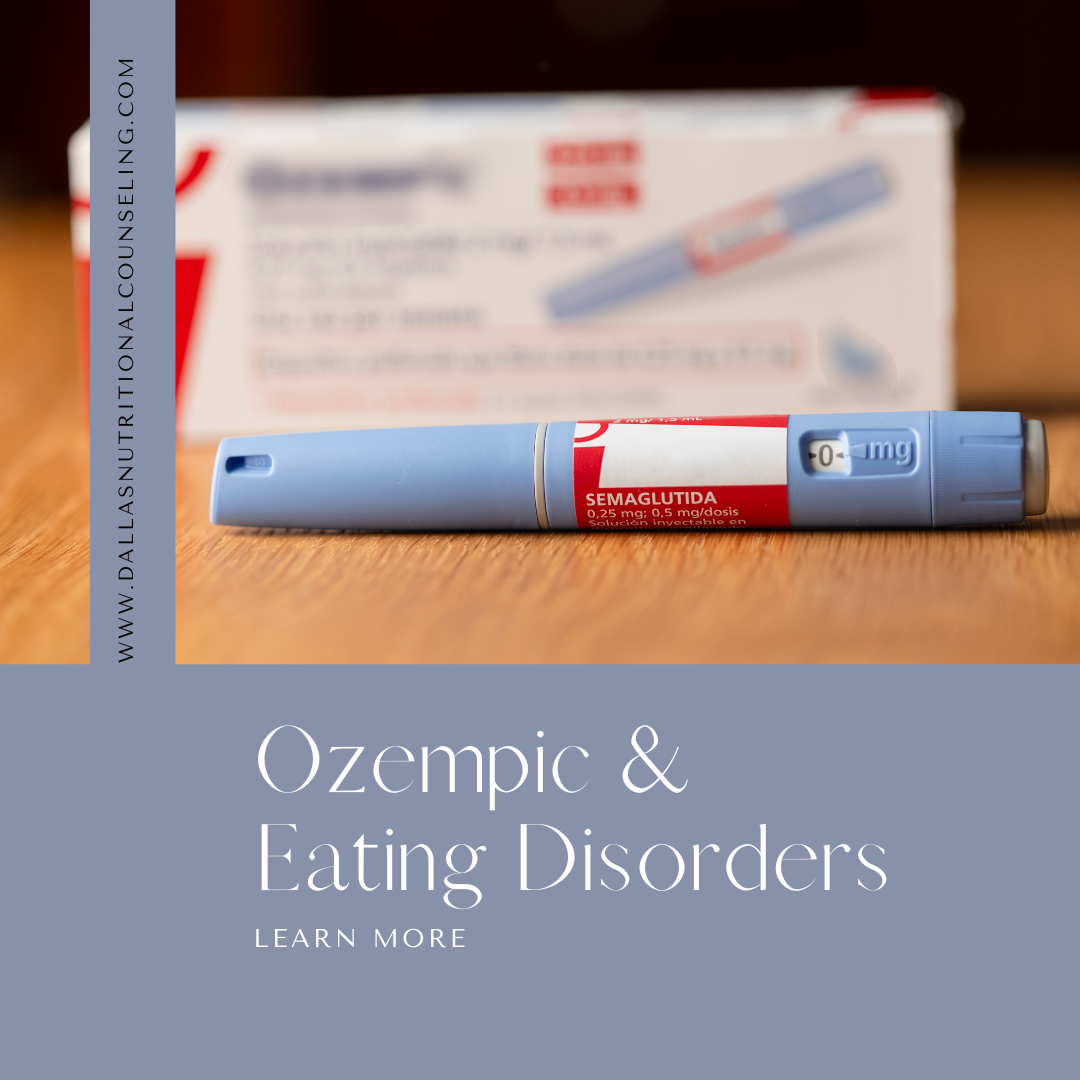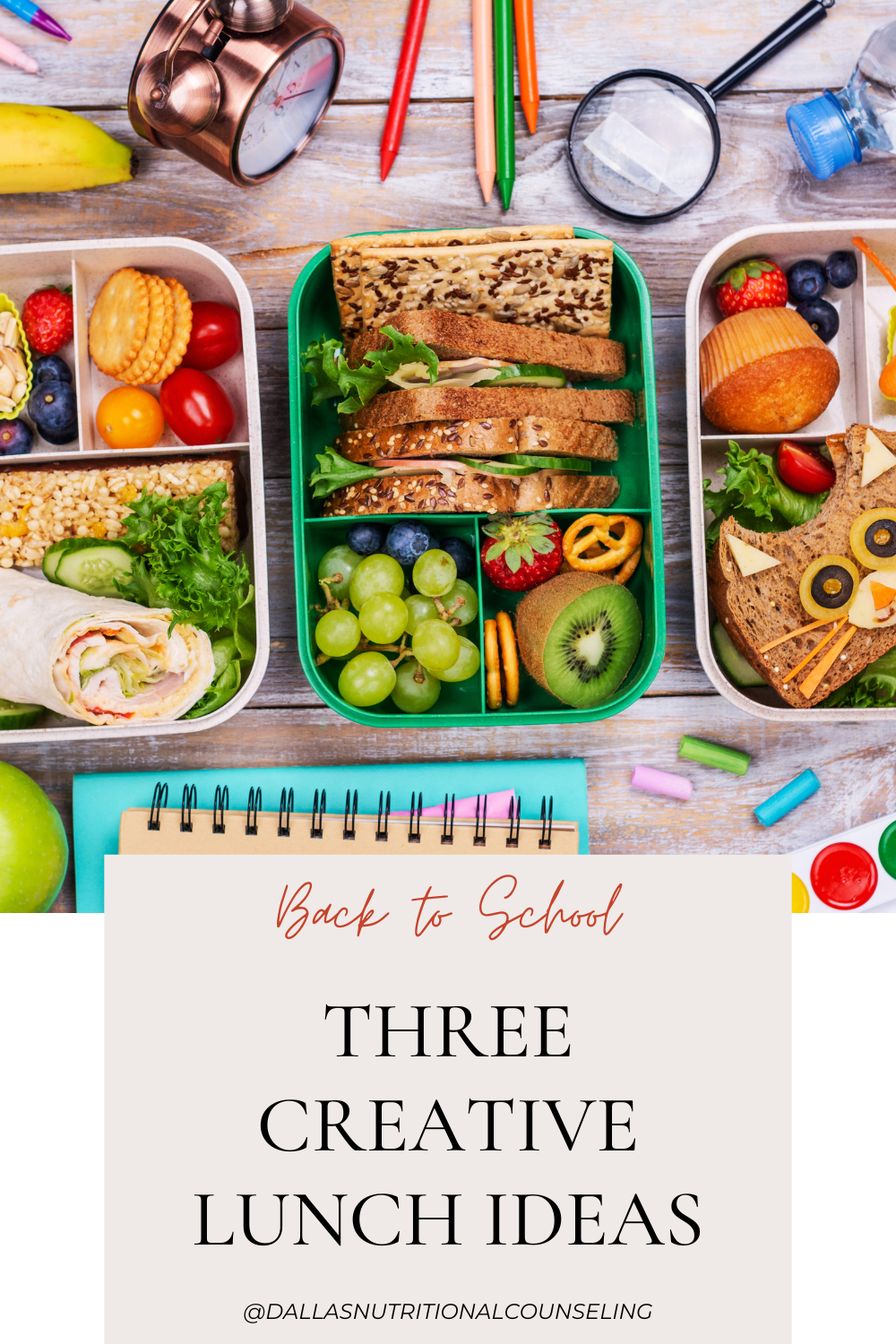Surviving The Holiday Dinner Table
The holiday rush begins with Halloween and does not really slow until after the new year. Media, marketing, and cultural messages pertaining to the festivities begin to flood our lives. On one hand we are encouraged to pig out on candy, stuff ourselves with pie, but then we are told to vow complete change in habits and become the best (looking) version of ourselves. What a confusing roller coaster of sentiment. The holidays can be tricky for the average person to navigate, let alone someone suffering from disordered eating or an eating disorder. Realize this holiday, you have a choice. You have a choice to eat balanced, enjoy pie, and refuse to allow emotion to control your eating.
Factors that Influence The Holiday Dinner Table
There are a million different factors, in addition to the food, that could potentially play into the celebration. The main factors that play into individuals eating habits during the holidays are...
meal/food traditions
past holiday experiences
work or school stress
lack of structure
alcohol
favorite food items
others' food habits
Is your holiday dinner table awkward or boisterous and overwhelming? Does everyone pick at their plate or devour all food to the point of discomfort? Are you completely stressed out by work or floundering because you don't know what to do with your free time? Either way, these factors can effect your eating habits.
How To Survive The Holiday Dinner Table
Most likely, you will know the biggest factors that will influence your eating habits. You also will know if you tend to over eat or under eat, so lets formulate a plan.
1. Make a plan before the event (duh, that's what we are doing). It is always harder to go against a plan.
2. Eat 3 normal meals the day of the event. If you skip meals, once you eventually eat you are more likely to over eat because biologically you are so hungry. Going long periods of time only slows down your metabolism. There is no such thing as saving calories, you just aren't burning as many when you don't eat.
3. Reach out to a support person before the meal. Let someone you trust in on your struggles so that he/she can help in the moment. If no one knows, than no one can help. If necessary, discuss the situation with your family/friends ahead of time. If comments are typically made by a certain family member about food, weight, or body try to deal with the situation before the meal. Kindly let family members know that you do now wish to discuss what you are eating, how much you are eating, or your appearance.
4. Serve yourself balanced portions. Make sure you get your favorite items and leave behind anything you could do with out. Try to not over load your plate, you can always go back for more if you initially do not get enough.
5. Honor your fullness. Just because Aunt whoever is devouring every last bit of stuffing doesn't mean you have to do the same. Listen to when your body is saying stop. If you are full but still want more ask the host to take some home for later.
6. Be mindful. Often holiday meals include items you don't usually get to eat on a normal basis so try to savor each bite. Focus on the texture, the smell, and the taste.
7. Slow down. Make sure you are taking at least 20 minutes to eat so that your stomach and your brain can communicate signals of fullness. Remember number 2, being overly hungry will lead to over eating.
8. Make sure you got enough. There is nothing wrong with enjoying food, it is impossible for humans to not enjoy food. It is a survival mechanism. Try to avoid thinking about the calories and focus on listening to your body to know when to stop.
9. It is not all about the food. Holidays are supposed to be about spending time with family and friends. If family and friends are stressful try to carve our some personal time to enjoy.
10. Don't compensate. Try not to under eat the next meal, day, or month. This leads to restrict/indulge cycles that are difficult to stop.
You do not have to over eat or gain weight this holiday season. No one food causes weight gain, over eating ANY food can cause weight gain.
The average person that over-indulges during the holiday season gains 2-3 lbs. Once normal eating resumes in January weight reverts back to normal. Don't let food this holiday be the focus.
If you are interested in scheduling an appointment with a Registered Dietitian to discuss your own personal plan for the holidays, please visit my contact page or email me directly at caseyvoorhies@gmail.com.
Surviving The Holiday Dinner Table: Casey Voorhies RD, LD, Dallas Nutritional Counseling
Surviving The Holiday Dinner Table: Casey Voorhies RD, LD, Dallas Nutritional Counseling
Surviving The Holiday Dinner Table: Casey Voorhies RD, LD, Dallas Nutritional Counseling











It’s that time of year again when people start looking at their lives and thinking about what they want to improve. We’ve all heard someone say, “New year, new me.” Something about the start of a new year gives people hope of a fresh start. Year after year people make resolutions focused on physical changes such as cutting out sugar, losing weight, and exercising more. So why do only 8% of people stick to their resolutions?